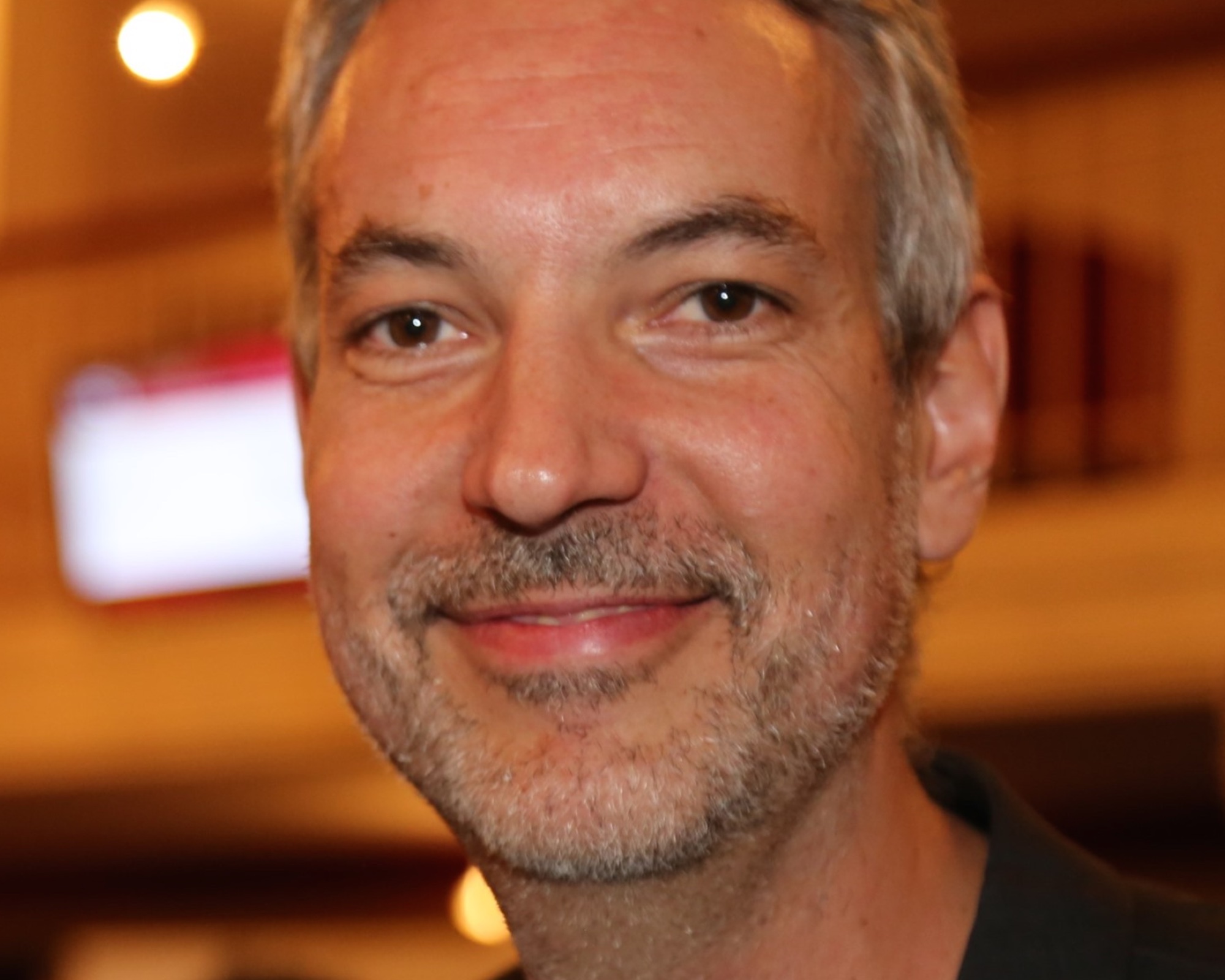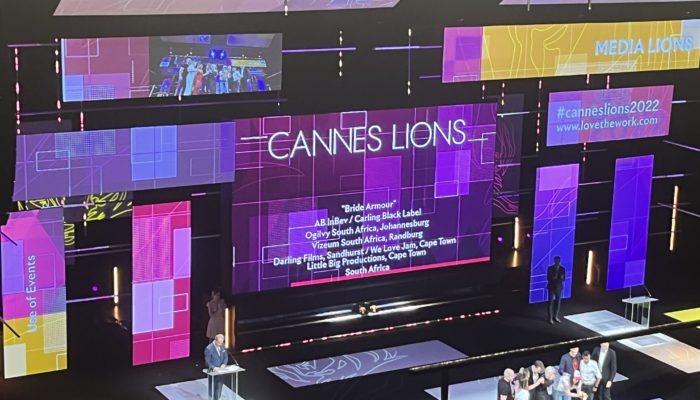“Think Different.”
“Because You’re Worth It.”
“A Diamond is Forever.”
“Just Do It.”
Advertising has always been about more than selling. It’s about shaping culture. From Madison Avenue to Lagos, from slogans to signals, from human insight to machine intelligence — the story of advertising is a story of power, persuasion, and evolution.
In 1947, De Beers didn’t just market diamonds — it invented an idea. With just four words, “A diamond is forever,” the company turned a luxury item into a global rite of passage. The campaign not only shaped the jewelry industry but redefined love, commitment, and what people expected to give — and receive — as proof of both.
Then came 1984. Apple released a single ad, only once, during the Super Bowl. Inspired by George Orwell’s dystopia, it launched the Macintosh as the beginning of something different — not just a product, but a rebellion against conformity. That 60-second spot generated $155 million in sales within three months. It was a masterclass in positioning, narrative, and creative audacity.
In 1988, Nike gave us a slogan that would change sports culture — and marketing — forever: “Just Do It.”
Three words. No fluff. No explanation. Just pure emotional ignition. In less than a decade, Nike’s revenue soared from $800 million to $9.2 billion. Those words didn’t sell shoes. They sold confidence, rebellion, and movement.
Years later, Dove quietly rewrote the rules of beauty advertising with its “Real Beauty” campaign. No supermodels. No filters. Just real women and a simple truth: “You are more beautiful than you think.” The ad moved millions — and doubled sales in under two years. In an industry that built itself on illusion, Dove proved honesty could sell, too.

These are the kinds of phrases that didn’t just advertise — they connected. They didn’t shout — they resonated.
But today, the world of advertising is shifting again. This time, it’s not just a change in tone or platform — it’s a change in authorship.
Welcome to the era of artificial intelligence.
AI no longer sits behind the curtain. It writes, designs, tests, and personalizes in real-time. A slogan can now be generated in seconds. An entire campaign can adapt on the fly, adjusting to your clicks, your history, your mood. Every ad you see is not just targeted — it’s engineered.
“The algorithm knows you better than you do.”
Once a dystopian concept, this is now baseline truth for the advertising industry. Netflix, Amazon, Meta, TikTok — they all use AI not just to optimize messages, but to compose them. Campaigns are no longer designed for a market segment. They’re created for a person. One person.
And yet, something strange is happening. Amid this precision, this automation, this data-driven creativity, we are seeing a resurgence of something profoundly human: the need for meaning. For all its brilliance, AI still can’t feel. It doesn’t know heartbreak. Or wonder. Or humor. It can simulate. But not believe.
The best campaigns — the truly unforgettable ones — still come from the messy brilliance of human insight.
That’s why Cannes Lions, the world’s most prestigious festival of creativity, continues to prize not just innovation, but resonance. In 2024, more than 70% of entries used AI in some form. But the Grand Prix winners? They were human. Personal. Raw. A good ad can be smart. A great one makes you feel something you didn’t expect.
And in this global conversation, one continent is rising with boldness and clarity: Africa.
For too long positioned as a market to be reached, Africa is now a creative force to be heard. From MTN Nigeria’s viral “You’ve Got Money” to Joe Public’s award-winning storytelling in South Africa, African campaigns are no longer local success stories — they are global lessons in cultural intelligence, humor, and originality.
With more than 450 million internet users, an explosion of digital-native creators, and a rich heritage of oral storytelling, Africa is not just catching up — it’s leading in its own way.

The power of artificial intelligence only accelerates this. African creators now have access to the same tools as Silicon Valley. With Canva, Midjourney, ChatGPT, and Sora, a filmmaker in Nairobi or a copywriter in Accra can design, write, animate, and launch to a global audience — in hours. The gatekeepers are gone. The stage is open.
So yes, advertising is evolving. And AI is reshaping it. But at its core, great advertising still comes down to one thing: a truth said well. A feeling captured in a phrase. A brand that dares to stand for more than what it sells.
“Think Different.”
“Just Do It.”
“The best ads don’t sell — they resonate.”
And in this new world, where words are generated and content is infinite, what will stand out are not the loudest messages — but the most human ones.




